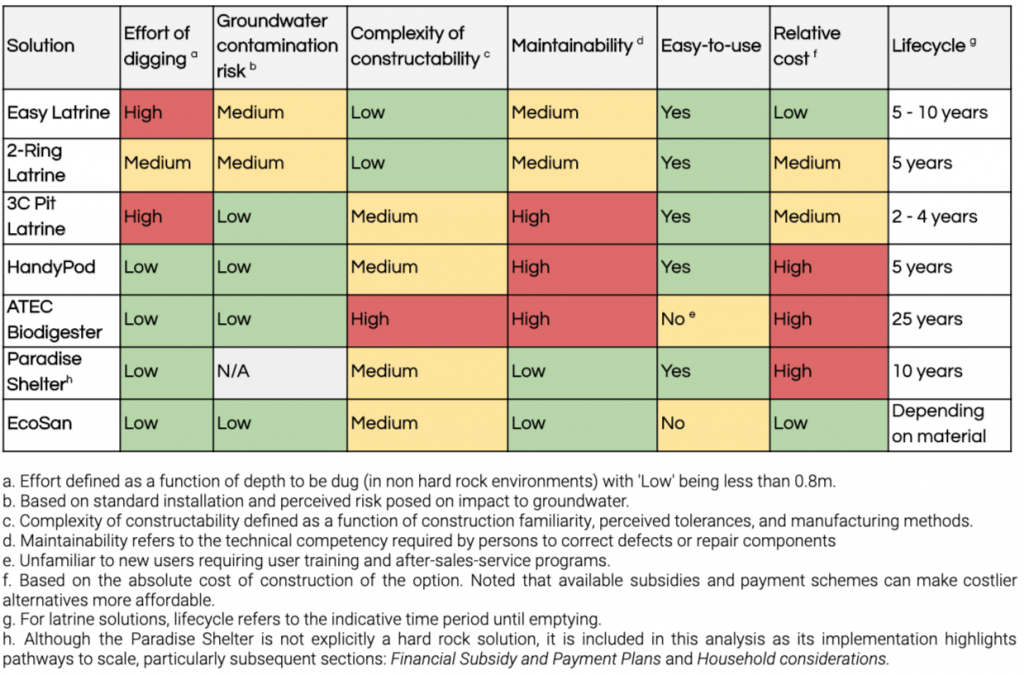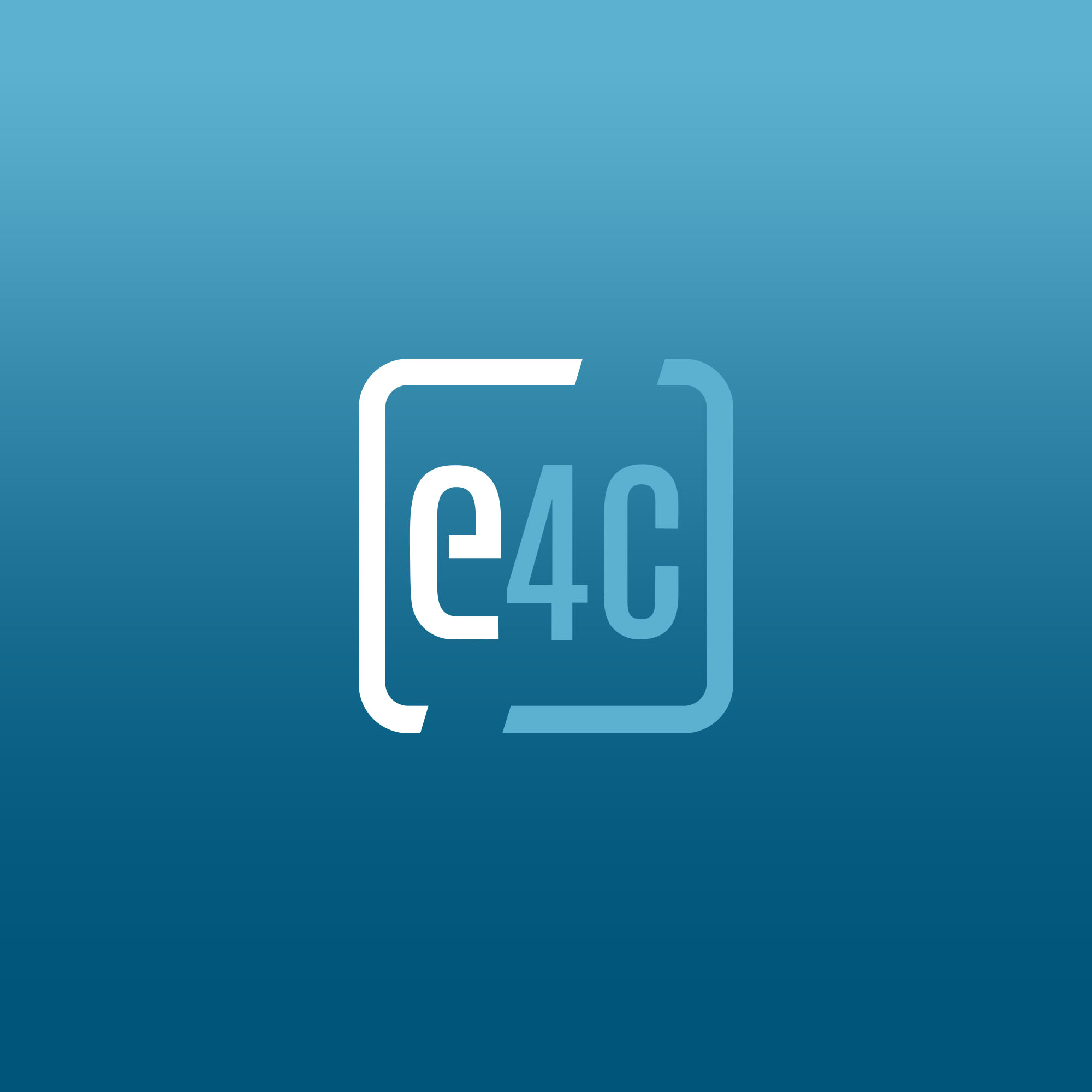PARTNER COLLABORATORS: George Goddard, EWB-Australia; Gaetano Romano, EWB-Australia
E4C EDITORIAL TEAM: Erin Peiffer, E4C Expert Fellow; Mariela Machado, E4C Program Manager; Grace Burleson, E4C Research Manager
Click here to view the full report.
Access to improved sanitation, which is important for community livelihoods, reduces health burdens and environmental impacts. In rural Cambodia, a large proportion of the population practice open defecation that has a detrimental effect on the environment and community health. To meet Cambodia’s target of 100% improved sanitation coverage by 2025, pour flush pit latrines are the recommended sanitation solution. However, challenging environments make conventional latrines difficult to construct and increase the likelihood of contaminating the surrounding environment.
Engineers Without Borders (EWB) Australia have been working on Sanitation in Challenging Environments in Cambodia since 2014, taking a sector wide approach to improve knowledge and action on sanitation for communities affected by their challenging environment. In collaboration with EWB Australia, the purpose of this research is to evaluate technologies that could enable sanitation access in areas of rural Cambodia where hard rock is present while ruling out established approaches such as pit latrines. Recommendations in these challenging environments were curated through desk research and interviews with experts delivering sanitation solutions in Cambodia. The research considers appropriate solutions using selection criteria rooted in a solid understanding of the context, and establishes an approach to testing technologies and feasible pathways to scale given the policy environment and condition of the broader sanitation sector in Cambodia.
While hard rock is a less common challenging environment in Cambodia, hard clays and soils present similar challenges. The emerging themes around suitable sanitation solutions for hard ground profiles are above the hard ground profile and are watertight to prevent contamination into the environment from leaching. There are a number of sanitation solutions that fit these categories such as the 3C latrine, HandyPod and ATEC Biodigester, all of which have been suitable for other challenging environments in Cambodia.
The successful uptake and scaling of technically viable solutions can be affected by a number of drivers. These include behaviour change from open defecation and conducting faecal sludge management through community engagement, financial subsidies from public and private partnerships, making use of existing capacity and supply chains, household considerations such as affordability and privacy that make improved sanitation an aspirational product, and monitoring and evaluation, to ensure solutions are sustainable and to improve the uptake process.
Table 2 (from full report): Applicability of sanitation solution in hard rock environments based on physical and sociocultural conditions
Click here to view the full report.

